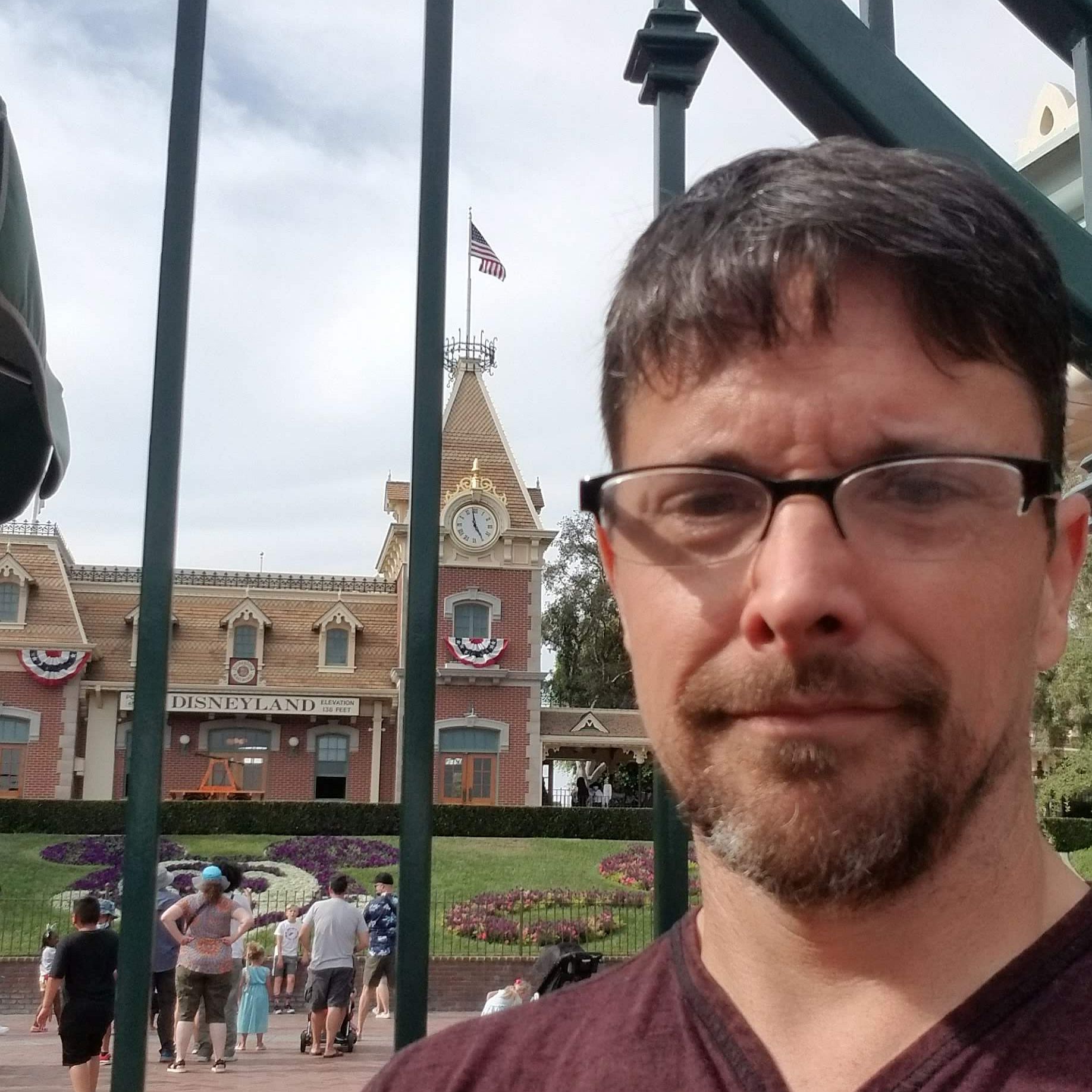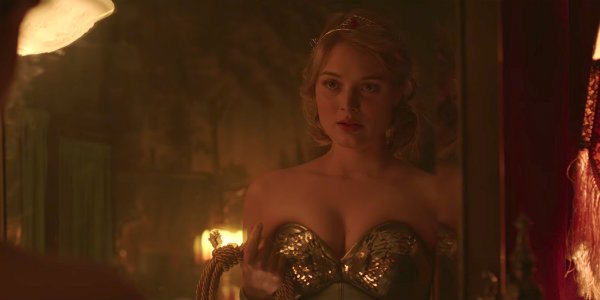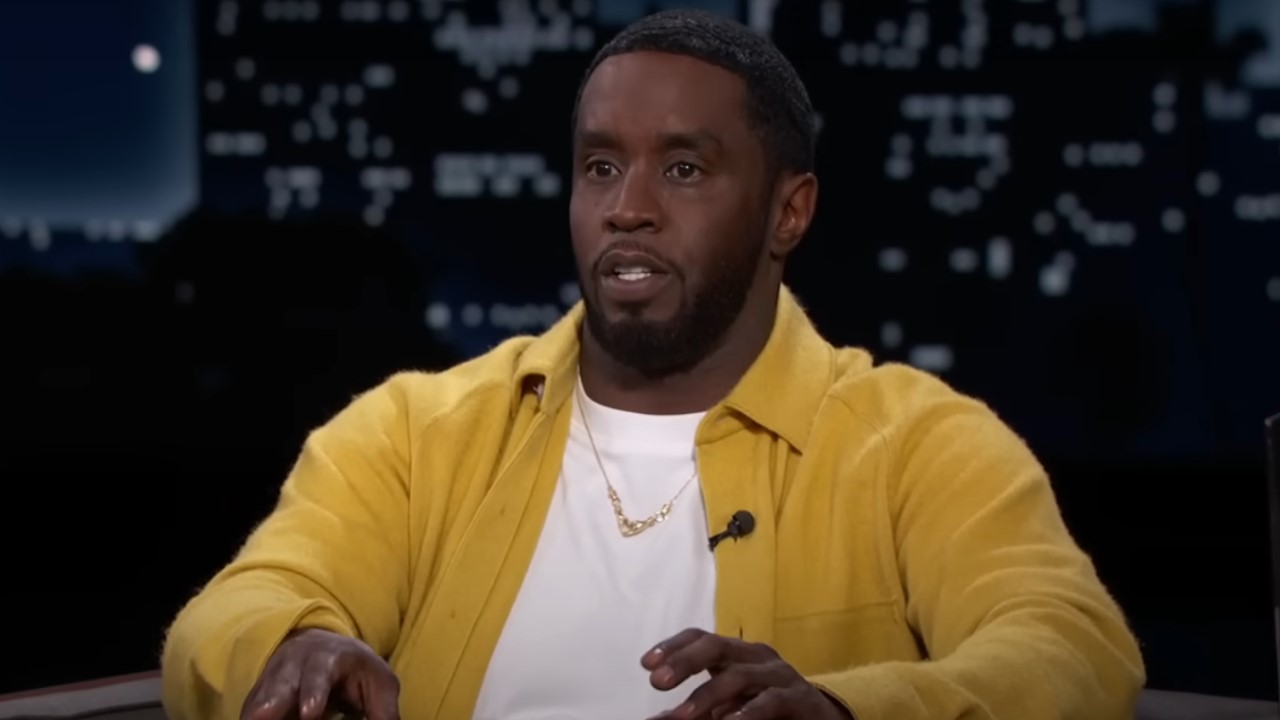The fact that a biopic about the person (or more accurately, the people) behind Wonder Woman has come out in the same calendar year as the character's first big screen outing feels like the sort of corporate synergy we've come to expect in the age of the cinematic universe. And yet, there's a reason that we've never seen the story of Professor Marston and the Wonder Women told before. Even today, the story of the man behind the Amazon princess, his wife, and their lover, is going to be a controversial one. It's also, however, a great one.
William Moulton Marston (Luke Evans) is a brilliant psychology professor working alongside his equally, if not more, brilliant wife Elizabeth (Rebecca Hall) at Radcliffe College when Marston's eye falls on young college student Olive Byrne (Bella Heathcote), something which Elizabeth notices and... is actually pretty ok with, all things considered. There's an obvious attraction between teacher and student, but things start to become slightly more complicated when attraction starts to grow between all three of them. While all have reservations at first, thanks to the cunning use of a lie detector (a device which the real Marstons actually invented), they begin to come to terms with their feelings.
What does any of this have to do with the creation of Wonder Woman you ask? Well, quite a bit actually. Having said that, the Amazon doesn't make her debut until we're well into the story, because the movie isn't really about the creation of the comic book character, so much as it's about the unique and special relationship between three people that eventually birthed the concept. That being said, fans of Wonder Woman will see images and moments throughout the film that all foreshadow the original version of the popular comic book character, including everything from Wonder Woman's massive bracelets to her penchant for bondage.
Sex and bondage are major aspects of the story and the film does not shy away from them. What's remarkable about it, however, is that while the Professor Marston and the Wonder Women deals with some potentially lurid subject matter, the movie never feels that way. In point of fact, the moment when the characters discover bondage (along with the physical representation of Wonder Woman) is actually the most purely romantic scene in the film.
While the relationship between these three characters may qualify as unconventional, the movie itself is anything but, which is actually part of its brilliance. While the Marstons and Byrne have to deal with their share of bias and bigotry due to their lifestyle, the movie doesn't treat them, or their relationship, as anything but normal. The joy of Professor Marston and the Wonder Women is that it's a love story, not all that different from any other. The fact that the number of people involved in the relationship is different is a mostly irrelevant detail.
A movie like this lives and dies on the chemistry of its leads and Luke Evans, Rebecca Hall, and Bella Heathcote are perfect together. They're all very different people, but they fit well together, which is sort of the point. Rebecca Hall is the standout performance of the movie as Elizabeth Marston. She's the member of the trio who has the most difficult time embracing new aspects of their relationship, not because she is really against it anyway, but because she has to come to terms with where her own desires clash with her own views of traditional values, something that happens regardless of how radical a feminist she considers herself to be. Her battle is internal, and yet she makes you see it.
Elizabeth's internal conflict is matched by the external conflict of neighbors and decency groups who view the relationship, as well as Marston's work on Wonder Woman, as somewhere between unusual and unnatural. Of course, unlike a movie about an interracial relationship, whose detractors would come across as archaic by today's standards, polyamory isn't as widely accepted today, and yet, by using so many of the traditional narrative elements and tropes as those stories, the people standing against the love of these three characters feels no less anachronistic.
Professor Maston and the Wonder Woman is a traditional love story about love that is not traditional. While the relationship may be just as unconventional today, the movie may make you wonder why that's the case.

CinemaBlend’s resident theme park junkie and amateur Disney historian, Dirk began writing for CinemaBlend as a freelancer in 2015 before joining the site full-time in 2018. He has previously held positions as a Staff Writer and Games Editor, but has more recently transformed his true passion into his job as the head of the site's Theme Park section. He has previously done freelance work for various gaming and technology sites. Prior to starting his second career as a writer he worked for 12 years in sales for various companies within the consumer electronics industry. He has a degree in political science from the University of California, Davis. Is an armchair Imagineer, Epcot Stan, Future Club 33 Member.











